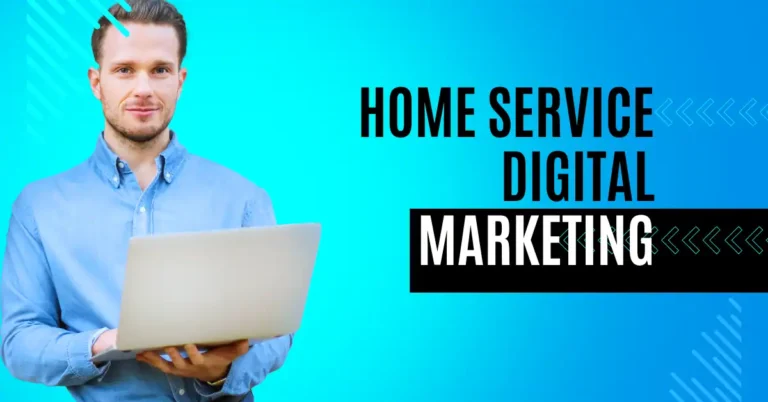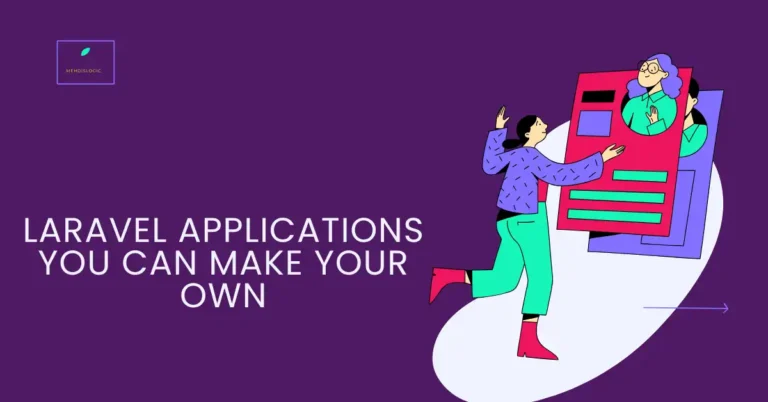Ultimate Guide to Real Estate Digital Marketing in 2024
Digital marketing has become essential for real estate agents and agencies looking to thrive in today’s competitive landscape. With more clients beginning their property search online, real estate digital marketing offers the tools to reach buyers and sellers, build trust, and close more deals. In this guide, we’ll walk you through everything you need to know to master real estate digital marketing.
Why Digital Marketing is Crucial for Real Estate
Digital marketing is not just a trend in real estate; it is essential for staying relevant. As competition grows, online marketing helps real estate agents connect with potential clients. It also allows them to showcase listings and build an online presence. A good digital marketing plan boosts brand visibility, generates leads, and increases sales.
Core Components of Real Estate Digital Marketing
A well-rounded digital marketing strategy involves several key components, each working together to attract, engage, and convert leads into clients. Here’s an overview of each essential element and how to use it effectively in real estate.
1. Building a Professional Real Estate Website
Your website is the cornerstone of your digital marketing strategy. It’s often the first impression potential clients have of your business.
Website Essentials for Real Estate Success
A professional real estate website should be user-friendly, mobile-responsive, and visually appealing. Key elements to include:
- High-Quality Images and Virtual Tours: Property images should be high-resolution, and virtual tours offer a more immersive experience.
- Clear Contact Information: Make it easy for visitors to reach you. Include phone numbers, emails, and social media links.
- Strong Calls-to-Action (CTAs): Encourage engagement with CTAs like “Schedule a Viewing,” “Contact Us Today,” or “Sign Up for Updates.”
- Lead Capture Forms: Use forms to capture visitor information, which can be used for follow-up marketing.
2. SEO for Real Estate Websites
Search Engine Optimization (SEO) helps your website appear higher in search results. This way, potential clients can find you when they look for properties or real estate services.
Keyword Research and Optimization
Effective SEO starts with understanding what your audience is searching for. Focus on keywords such as “homes for sale in [City]” or “top real estate agents in [Area].” Using location-specific keywords makes it easier for local clients to find you.
Local SEO for Real Estate
Local SEO is particularly important in real estate since clients are usually searching within specific geographic areas. Here’s how to optimize for local search:
- Google My Business: Ensure your Google My Business profile is up-to-date, with accurate contact information, hours, and images.
- Client Reviews: Ask satisfied clients to leave reviews. Positive reviews improve your ranking in local search results and build credibility.
- Local Keywords: Use phrases that include neighborhoods or areas within your city to attract the right local clients.
3. Content Marketing for Real Estate
Content marketing helps you connect with potential clients by providing valuable information. Not only does it showcase your expertise, but it also helps drive traffic to your website.
Blog Content Ideas
Blogs are a great way to provide helpful content while boosting your site’s SEO. Here are some blog ideas that work well in real estate:
- Market Trends: Write about the current real estate trends in your area, helping buyers and sellers make informed decisions.
- Home Buying Tips: Offer advice for first-time buyers, such as “Top 5 Things to Check Before Buying a Home.”
- Neighborhood Guides: Describe popular neighborhoods, including amenities, schools, and attractions.
Video Marketing for Property Tours
Video is a strong tool for real estate. You can share virtual tours, neighborhood highlights, and client testimonials through video. This engages viewers better than text or photos alone. YouTube, Instagram, and Facebook are great platforms for sharing these videos.
4. Social Media Marketing for Realtors
Social media is invaluable for real estate marketing, as it allows agents to showcase properties, connect with clients, and build their brand.
Choosing the Right Social Platforms
Not all social media platforms are equal for real estate marketing. Here’s a breakdown of where to focus:
- Instagram: Great for sharing high-quality images and video content, especially for younger homebuyers.
- Facebook: Allows for targeted ads, community engagement, and sharing long-form content.
- LinkedIn: Ideal for networking with other real estate professionals and connecting with high-end clients.
Tips for Engaging Content
When posting on social media, aim to keep your audience engaged with a mix of content. Here are some ideas:
- Virtual Tours and Property Photos: Showcase listings with high-quality visuals.
- Client Testimonials: Positive testimonials build trust and add a human touch to your brand.
- Home Buying/Selling Tips: Share valuable advice, like “Common Mistakes First-Time Homebuyers Make.”
5. Email Marketing Strategies for Real Estate
Email marketing is an effective way to nurture leads and stay top-of-mind with potential clients.
Building an Email List for Real Estate
Offer valuable resources in exchange for emails, like “A Beginner’s Guide to Home Buying” or “Top Neighborhoods in [City].” This helps you attract clients who are interested in your services.
Nurturing Leads through Email Campaigns
Use email campaigns to provide regular updates, share new listings, and keep clients informed about market trends. Personalizing emails with the client’s name and tailored recommendations adds a personal touch.
6. Paid Advertising for Real Estate
Paid advertising is a quick way to increase visibility and attract more leads.
Google Ads for Real Estate
Google Ads allow your business to show up in search results for specific keywords. This is especially useful for targeting clients who are actively searching for properties.
- Targeted Keywords: Use keywords like “buy a home in [City]” or “real estate agent in [City].”
- Geo-Targeting: Make sure your ads are targeted to specific areas to attract local clients.
Facebook and Instagram Ads for Property Promotion
Facebook and Instagram ads work well for showing properties. You can use photos and videos to showcase property features. These ads can be targeted by location, interests, and demographics.
7. Using Analytics to Refine Your Marketing Strategies
Analytics are essential for evaluating the success of your marketing campaigns and refining your strategies over time.
Tracking Key Metrics in Real Estate Marketing
Here are some key metrics to monitor:
- Website Traffic: See how many people are visiting your website and which pages they’re viewing.
- Lead Conversion Rate: Track how many leads are being generated and converted into clients.
- Social Media Engagement: Monitor likes, comments, and shares to understand which posts resonate with your audience.
Using Data to Improve Performance
Use analytics data to identify which strategies are working and where you can improve. For example, if you see high engagement on video content, you may want to invest more in video marketing.
8. Common Mistakes to Avoid in Real Estate Digital Marketing
Avoid these common mistakes to ensure your real estate digital marketing efforts are effective:
- Inconsistent Branding: Your brand should look and feel the same across all digital platforms.
- Ignoring Mobile Users: Many potential clients will be using mobile devices, so make sure your website and content are mobile-friendly.
- Neglecting Analytics: Regularly review your analytics to see what’s working and what needs adjustment.
- Failing to Follow Up with Leads: Once you generate a lead, following up promptly can make the difference between a closed sale and a lost client.
Conclusion
Real estate digital marketing is now essential for reaching today’s buyers and sellers. You need a strong digital marketing strategy to stand out. This strategy should include a professional website, SEO, content marketing, social media, email, and paid ads. Remember to track your progress and adjust your strategy as needed.
With consistent effort, you will build a strong online presence. This will help you connect with clients and grow your real estate business.
FAQs
1. What is the most effective digital marketing strategy for real estate?
A combination of SEO, social media marketing, and engaging content creation tends to be most effective in real estate.
2. How can SEO help in real estate marketing?
SEO helps your website rank in search engines, making it easier for local buyers and sellers to find you when they search for relevant terms.
Are paid ads important for digital marketing in real estate?
Paid ads can be very beneficial for quickly reaching a targeted audience, especially for promoting specific listings or open houses.
4. What type of content works best in real estate marketing?
Video tours, blog posts with market insights, and property images are all highly effective forms of content in real estate marketing.
5. How often should I post on social media for real estate marketing?
Aim to post consistently, about 3–4 times per week, to stay visible and keep your audience engaged.






